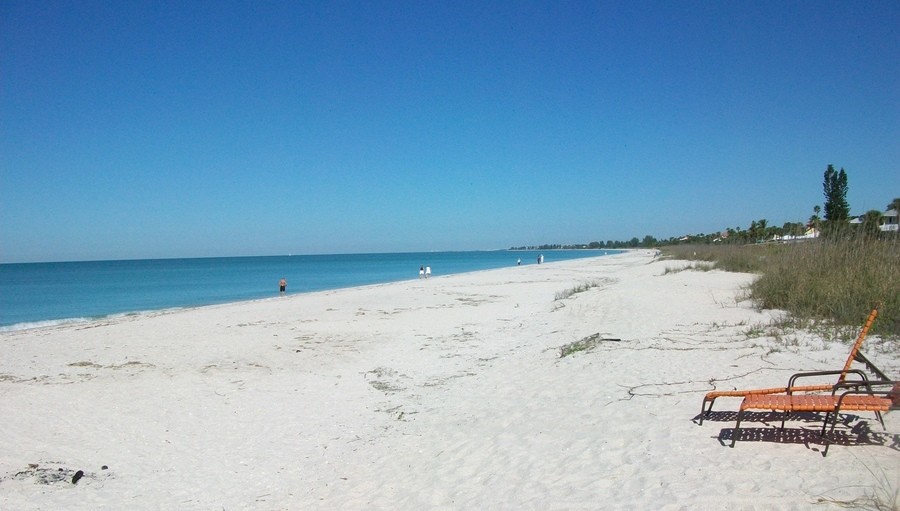Cafe Terraces Might be Here to Stay
Guest Correspondence
SRQ DAILY
SATURDAY JUN 19, 2021 |
BY CHRISTINE ROBINSON
Photo courtesy of Element: Steak Seafood Pasta and it's new outdoor seating on Main Street
What started as an emergency way to save our restaurants and retail shops has the world rethinking walkability and how we look at urban streets. Globally, café terraces that took over parking spaces arising out of COVID-19 necessity, have become a new option for urban communities.
On April 29, 2020, Governor DeSantis announced that in five days, the State of Florida would begin to open up for business. Many local governments around the state, whether they imposed more local restrictions or not, had an opening task force comprised of government staff, businesses and non-profits who were coordinating together and planning for the opening for weeks. These task force committees had prepared for this very moment and had immediately implemented collaborative plans that included relieving and relaxing permitting, allowing for the use of right-of-ways, allowing for unpermitted signs and allowing for the use of tents on a long-term basis.
Unfortunately, we had no such committees locally. However, the business organizations coalesced immediately through COBA, the Coalition of Business Associations, and wrote letters to the County and the cities of Sarasota, Venice and North Port asking them to implement parts of the plans that other governments across the state had partnered with their communities on. COBA had varying degrees of success depending upon the government.
One item that was implemented in the County, the City of Sarasota and City of North Port, was the use of parking spots for dining and retail. This helped restaurants, in particular, and was very successful on Main Street in Sarasota. Now frequently called “cafe terraces,” this phenomena has opened eyes to possibilities and a new way to expand sidewalks, without physically constructing new sidewalks.
An article published this week in Bloomberg City Lab details how Paris, France has opted to keep these terraces and is offering terrace choices for businesses to apply for. Businesses can apply for seasonal terraces or annual terraces which operate year-round.
With these terraces come rules and benefits, like the freeing up of more sidewalk space in exchange for the terrace and more space for ADA accessibility. According to the Bloomberg article, there are noise protections for residents in the form of an evening time limit terrace usage and no music.
Yes, there is a reduction of parking spots available with these terraces, and yes, in the case of the City of Sarasota, a loss of direct parking income with their parking meters. However, there will also be an increase in sales tax collected on the food served and goods sold in these terraces. It is more of an economic investment for the expansion of the economy than a loss in parking revenue. What can’t be measured is the increase in the quality of life in terms of walkability.
Café terraces will be considered as an option in local government codes and governments around the world. It’s a discussion worth having when considering walkability and economic benefits. We encourage local governments to be flexible and forward-thinking in their codes and consider this a new option as part of their tool kit to improve quality of life and the economy.
Christine Robinson is executive director of The Argus Foundation.
Photo courtesy of Element: Steak Seafood Pasta and it's new outdoor seating on Main Street
« View The Saturday Jun 19, 2021 SRQ Daily Edition
« Back To SRQ Daily Archive











